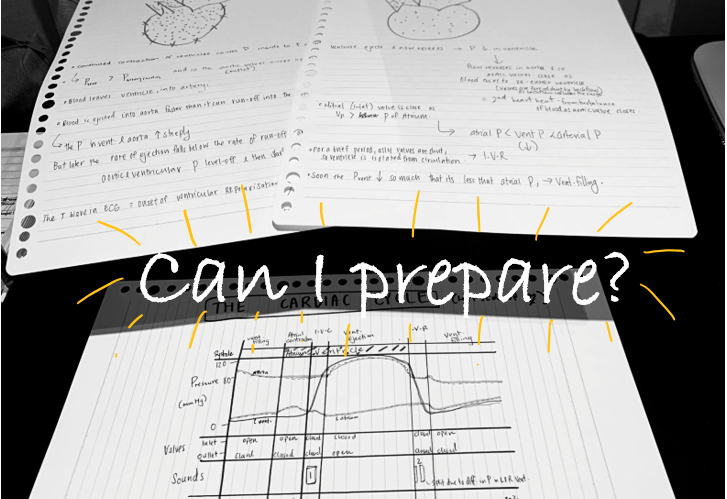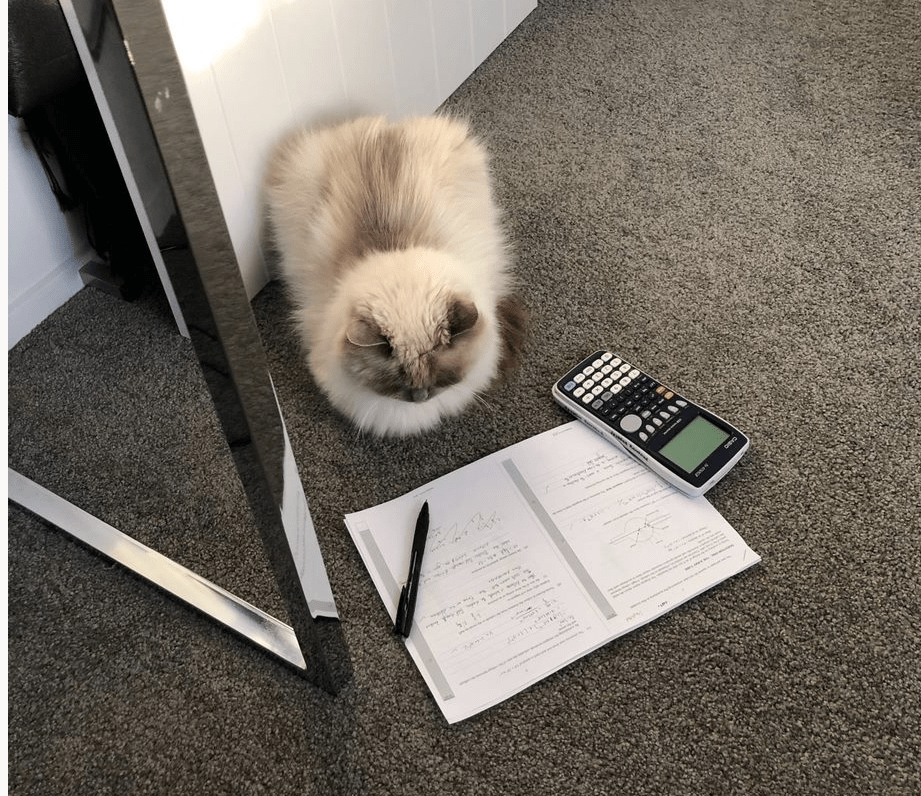The mighty transition from high school to first year biomed or health science…this was a scary thought as a year 13. I had heard stories of people ‘pre studying’ the semester 1 content during the summer break before university started and that made me feel anxious.. what was I really getting myself into? Once I completed my NCEA exams I put some serious thought into the best ways I could prepare myself for my first year of biomed, keep reading to find out my 8 tips!
Tip #1 – Don’t feel like you need to go pre study the content because…
You don’t know how to study for University yet! Instead…
Tip #2 – Find ways to improve your studying techniques
I spent a lot of time watching videos to gain insight on the best study techniques that might work for me… active recall, spaced repetition, flowcharts and use of flashcards were some of the things I decided I would try out during Semester 1 (and I’m so glad I did). I would recommend watching Youtube videos by Ali Abdaal and Kharma Medic (both are in the medical field too).
Different lecturers have different teaching styles, some might use slides and some might just talk, so come to university with flexibility. Since the cohort is quite large, most of the first year papers will have ‘over flow rooms’. These are smaller lecture theatres nearby to the main one in the OGGB building where we have most of our biomed/healthsci classes. I prefer sitting in the over flow room because it feels less stuffy and I can actually see the screen due to my poor eyesight. Little things like this are important to think about in order to get the most out of lectures!
Tip #3 – Read about the first year papers and the requirements if you’re applying for a clinical programme
If you search up a class code on google, you can find a page on the University website which tells you all about the class. For example, searching ‘POPLHLTH111’ takes you to https://www.fmhs.auckland.ac.nz/en/faculty/for/future-undergraduates/undergraduate-study-options/Courses/poplhlth/111.html
From here you can get a great insight into what you’ll be learning and its a good way to work out how you might study. I would also recommend reading up on all the requirements for the clinical health programmes if you are intending to apply, everything can be found on the university website. If you’re are required to sit the UCAT, the summer break is also a great time to get some insight on the test.
Tip #4 – If you haven’t already… learn to manage your time well!
If you can stay organised and stick to a solid timetable, you’ll find that there is time for hobbies and other life things that come your way! I wish someone told me to utilise my time on campus better. A hour break between classes can mean 1 hour of productive study or 1 hour to catch up with your friends so you don’t burn out… it’s all about balance!
Tip #5 – Enrol in your classes
I was only able to complete my enrolment once NCEA exam results were out. The results usually arrive in mid January – most often on my birthday too 🙁
(You start your application for admission before NCEA, IB or Cambridge International results are available, and so your admission and enrolment remain conditional until January. Here are some more details: https://www.auckland.ac.nz/en/study/applications-and-admissions/how-to-apply/undergraduate-admission.html )
In first year biomed and health science you are required to take a general education paper (a paper outside your main area of study) so make sure to read the requirements and see the possible papers you could take: https://www.auckland.ac.nz/en/study/study-options/undergraduate-study-options/general-education.html
Tip #6 – Go visit campus!
In the last week of January, I made my dad come along with me to the city campus on a Saturday and we had a good look around for all my lecture, lab and tutorial locations! He visits quite often for work things so he knew his way around and this was super helpful because I felt prepared for my first day.
The campus map comes in handy so be sure to save a copy on your phone. I would also recommend going to pick up your course guides, textbooks, lab coat etc before the University becomes very busy once orientation and classes start. Here’s a link to all the campus maps: https://www.auckland.ac.nz/en/on-campus/our-campuses/campus-maps.html
Tip #7 – Learn the lingo!
During my summer break before Semester 1 started I found this very random but extremely useful page on the University website explaining EVERYTHING: GPA, UPI, Elective, Room numbers… and Munchie! https://www.auckland.ac.nz/en/students/newstudents/orientation-new-students/lingo.html
Tip #8 – Be excited!
I say this because the content in the first year really dives deep into different areas of science and public health… from cells, to chemistry, physics, human body systems, inequities in healthcare… it’s a jam packed course with loads of highlights! So far my favourite part of first year biomed has been studying in MEDSCI142 (all about the human body systems) and POPLHLTH111 (a great intro into population health)! The content in these papers has been completely new to me and I’ve really enjoyed taking that bridge from NCEA content to university content surrounding healthcare and human biology.
Yes the volume of content is quite large, but if you prepare with some of the tips I’ve shared, the year will be very enjoyable! Labs and tutorials are a great way to meet new people in your classes and the general education paper is something to look forward to as its a nice break from the science heavy papers.
I hope this post has be useful for any potential biomed/healthsci students… all the best preparing! 🙂



Hi Jasmine
Is your first year study over? What was the outcome? Need your guidance for my daughter. At the moment she is in high school.
Kind regards